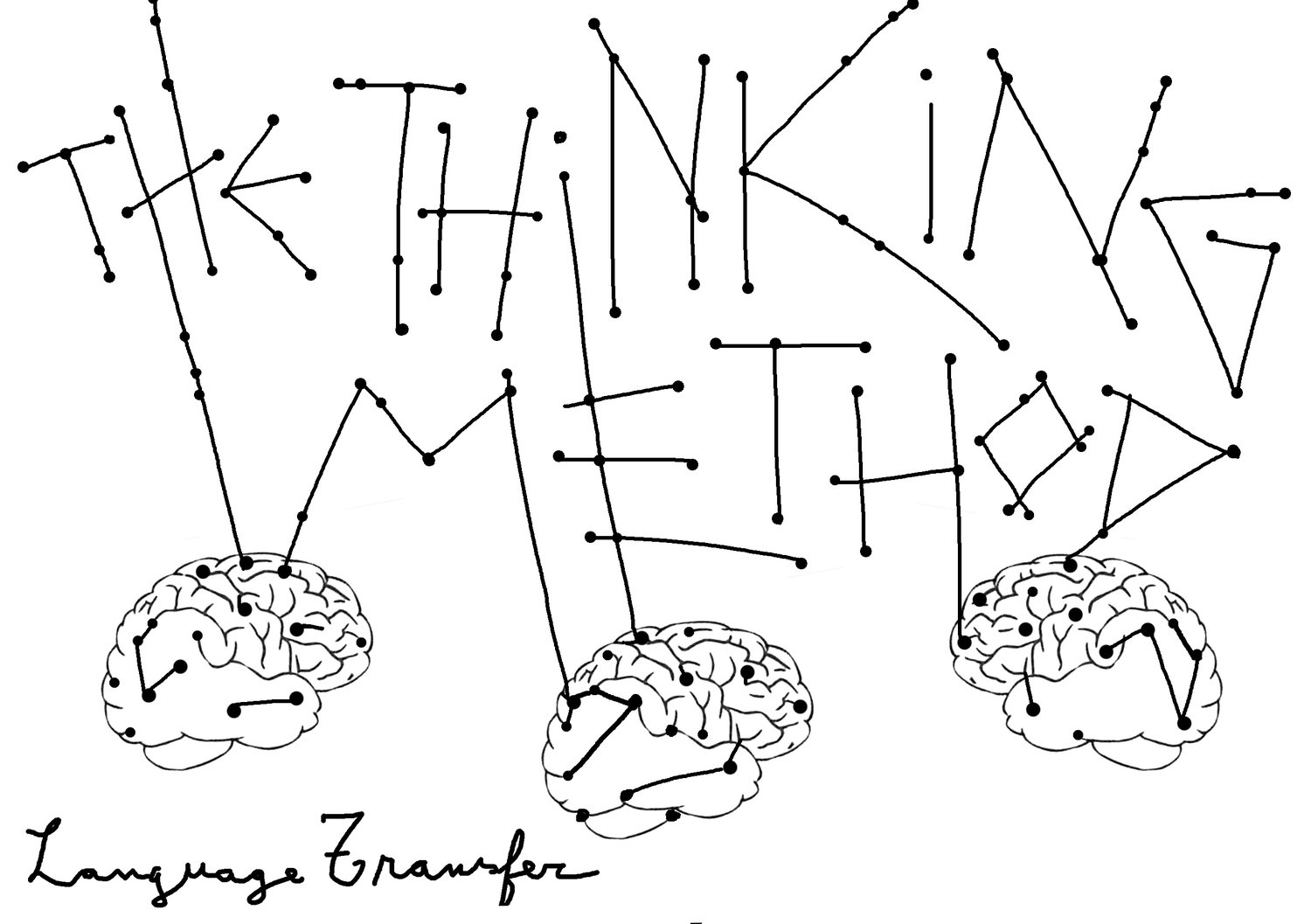
Before I begin writing [a course], I have a binge read of grammar to get an overview of what's going on. I look for horizontal connections in the language (which is usually described vertically: present, past etc) and form and test my own perspectives/explanations that might reduce the 100s of 'independent' rules described to few overriding ideas, whilst thinking about how I might interlink that to teach it.
from here
I remember how last year in the summer of '23 I tried to learn some Slovene ahead of my farm stay in Slovenia. It mostly consisted of reading a Slovene textbook and doing lots of flashcards; and while I did indeed memorise a lot of words — and at my best I was able to sort of have a chit-chat conversation in a café with a local! — it never came close to the strong foundation I envisioned having.
Language Transfer, on the other hand, seems to work very well, although I complement it with Anki and Tandem conversations with random people. I made the first flashcard for Greek on the 19th of April, so I suppose that is when I started the course — as of today, I'm at the 57th lesson [note: I have then finished the complete course (around 120 lessons)]. I usually do a couple in the morning, walking with the dog; and then a few more in the afternoon, same circumstances (and, anecdotally, I seem to notice some interesting associations between places and time I was inhabiting and the words or phrases in practice at a given time — but I digress).
At some point I might include more details on my methods and progress. I'll leave one very poignant tip for the curious learners: if memorising words (or in the context of flashcards), always write the gender of the word! (ie. η ησυχία instead of just ησυχία — this is really important for case handling!)